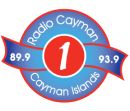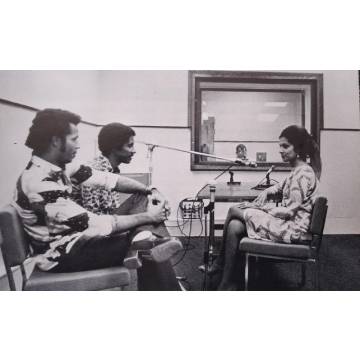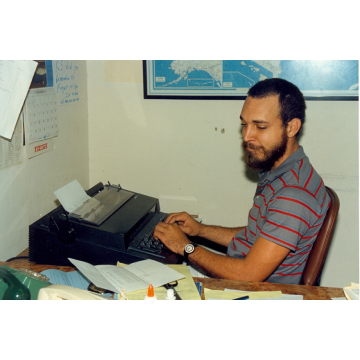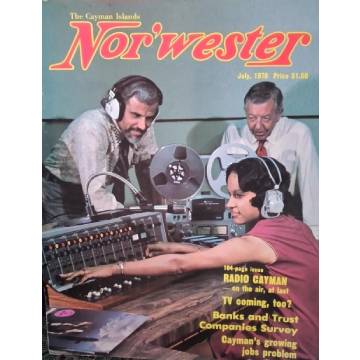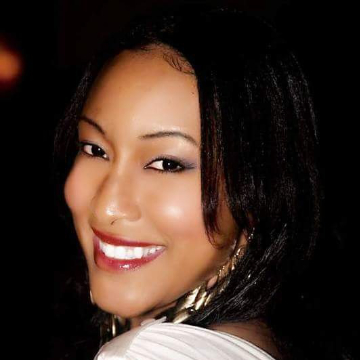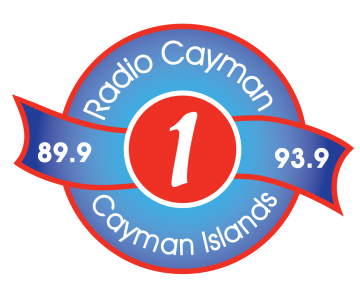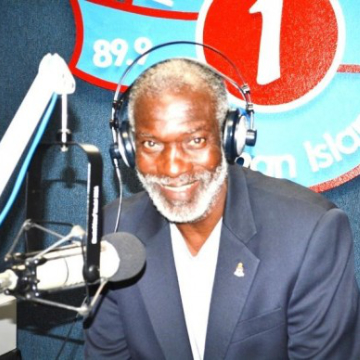News
Free HIV tests offered island-wide to mark HIV Testing Week
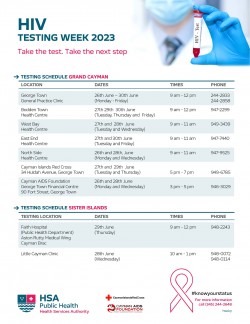
The Health Services Authority (HSA), Cayman AIDS Foundation and the Cayman Islands Red Cross will again join forces in coordinating activities to mark HIV Testing Week to be observed in the Cayman Islands from 26-30 June. This is in support of the National Testing Day on 27 June. The theme for 2023 is “Take the Test & Take the Next Step.”
“Testing is a crucial part of the efforts to stop HIV. Testing for HIV is quick, free, confidential, and accessible. People can live with HIV for a long time without symptoms, so testing is the only way to know your HIV status. If you have HIV, you can take the next step by finding ways to start treatment, stay healthy, and avoid passing the virus onto anyone else,” said Nurse Jennifer Miller, Interim HIV and STI Programme Coordinator at the HSA.
Free HIV testing centres will be available across all three Cayman Islands. Persons seeking testing or counseling may indicate to the registration clerks that they would like to register for free HIV testing. The procedure involves a quick and simple blood test. No appointment is necessary during the specified times on the HIV schedule and wait times will be short.
The results will be available within three working days or less and given to the patient in person only at the clinic where they took the test. This is to protect the individual’s confidentiality and offer post-test counseling.
Since AIDS first appeared, considerable progress has been made worldwide in reducing new HIV infections and AIDS-related deaths. “Knowing your HIV status is key and this is done through testing,” Ms. Miller said. According to The Joint United Nations Programme on HIV/AIDS (UNAIDS), new HIV infections have been reduced by 54% since the peak in 1996.
In 2021, around 1.5 million people were newly infected with HIV, compared to 3.2 million people in 1996. Since 2010, new HIV infections have declined by 32%, from 2.2 million to 1.5 million in 2021.
